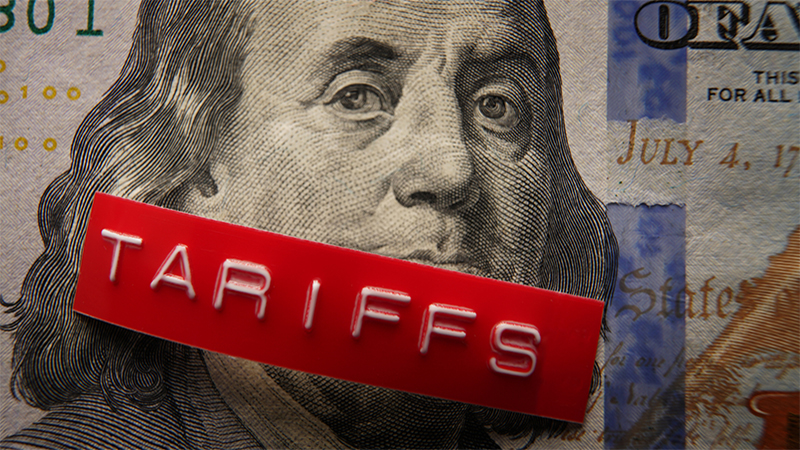The Sustainable Equity fund has returned 5.9% since its launch on 1 November 2017 compared to 5.4% in the Equity fund for its institutional accumulation share class, according to FE Analysts.
It has also outperformed its mainstream rival over three-month and six-month periods, although has underperformed by a mere five basis points over a one-month period. Both funds have outperformed the Investment Association Global sector over each period.
FE fund analyst Sophie Meatyard noted the sustainable version of the fund contains almost identical holdings, bar three names in the alcohol, tobacco and tech sectors. “The tobacco stock Phillip Morris underperformed over this period and is responsible for the small difference in the two funds,” Meatyard said.
The Sustainable Equity fund also lacks the core fund’s significant exposure to Facebook, which suffered from the Cambridge Analytica scandal in Q1 this year. Facebook is a top-10 holding in Fundsmith Equity.
Stryker, Waters, Becton Dickinson and Novo Nordisk, in the pharmaceutical, biotech and medtech sectors, are additional top-10 Fundsmith Equity holdings that do not feature in the Sustainable Equity fund. Instead, the sustainable alternative holds business software companies Sage and Intuit, hotel chain Marriott, credit card business Visa and inspection and certification firm Intertek.
Architas investment director Adrian Lowcock said: “I would expect the two funds’ performance to largely dance around each other – one having a period of better performance only for the other to have its turn.”
However, Lowcock said six months was a very short time to assess a fund’s performance.
Fundsmith Equity vs Sustainable Equity performance
| 1m | 3m | 6m | |
| Fundsmith Equity | 7.19 | 6.32 | 4.82 |
| Fundsmith Sustainable Equity | 7.14 | 7.07 | 5.34 |
| IA Global sector | 5.07 | 4.65 | 3.60 |
Source: FE for institutional accumulation share class in GBP
At launch, Smith said many investors who adopt commonly used factors to identify sustainable investments do so at the expense of the long-term economic sustainability of a business.
It was based on a segregated mandate run for anti-poverty charity Comic Relief. That mandate marginally underperformed Smith’s flagship fund, producing annualised return of 23.9% compared to 24.1% Fundsmith Equity.
The fund excludes companies in sectors such as aerospace and defence, casinos, gas and electric utility companies and metals and mining. Pornography, tobacco and oil, gas and consumable fuels are also off limits.
The ongoing charges figure for the Equity fund is 0.95% in the institutional accumulation share class, while the comparable share class in the Sustainable Equity fund is 1.01%. While the former fund is available to retail investors with as little as £1,000, the latter is only available to institutional investors with £5m.
Meatyard attributed the different OCFs to economies of scale in the larger Equity fund.










